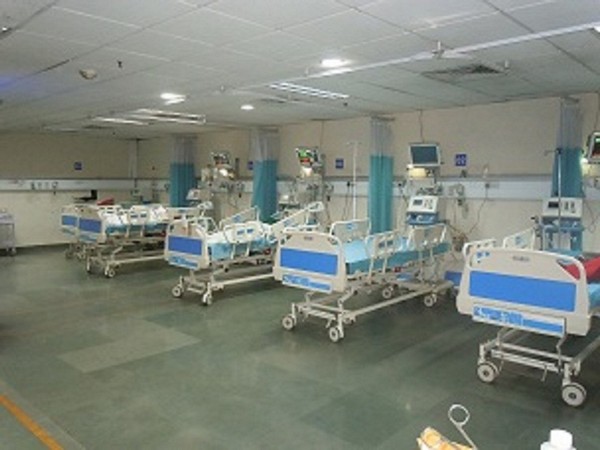BMC asks private hospitals to keep staff in campus to check virus spread
As a precautionary measure, the BMC on Monday ordered the private hospitals and nursing homes to ensure that their staff do not make frequent visit to their residence in the slums. Frequent movement of hospital staff to slum areas poses a risk of spread of the virus, the BMC said in its order, adding that in a bid to obviate this possible risk, the hospital authorities must take measures.

- Country:
- India
As several health care workers and staff of private hospitals staying in different slums here were detected with COVID-19, the Bhubaneswar Municipal Corporation (BMC) has asked the hospital authorities to ensure that they were lodged in their campuses. As a precautionary measure, the BMC on Monday ordered the private hospitals and nursing homes to ensure that their staff does not make frequent visits to their residence in the slums.
Frequent movement of hospital staff to slum areas poses a risk of spread of the virus, the BMC said in its order, adding that in a bid to obviate this possible risk, the hospital authorities must take measures. "All private hospitals/nursing homes shall maintain an exclusive employees' database who are residing in slum areas of BMC. The employees of the slum areas need to be kept in a shift for 14 days and the hospital authorities will arrange their accommodation within the hospital premises," the BMC order said.
It also mentioned that after the 14 days shift, the set of employees will be relieved from their duties after their COVID testing and negative report. This process will continue on a rotation basis, it said. "About one-third of the population of BMC area is staying in slum areas and social distancing is practically not possible because of small houses and high population density.
Frequent movement of hospital staff to slum areas poses a risk of spread of the virus," a BMC statement said. Meanwhile, with COVID-19 cases in the state capital crossing the 300-mark, the BMC said unplanned and unauthorized houses, the demographic profile, unhygienic conditions, lack of civic amenities and limited social awareness make the over 800 slums with around 4 lakh people the most vulnerable areas for penetration and spread of the coronavirus.
Salia Sahi, the biggest slum in the state, was the first from where six cases were reported. So far 30 persons in the city slums have been affected. While Subash Nagar slum has reported seven positive cases, Laxmi Bazaar has nine, Mahima Nagar three, and one each from Baliapata, Bisweswar, Hadabal, Sokharchandi, and Abhiram Basti. COVID observer for Bhubaneswar Anu Garg has admitted that the spread of the coronavirus cannot be checked in the slums due to the congestion.
Therefore, the BMC has made it mandatory for the people returning from five hotspots districts and outside to the slums to undergo 14-day mandatory institutional quarantine with members of Sachetak committees keeping an eye on them. So far Bhubaneswar has reported 314 positive cases of which 135 are active and four patients have succumbed to the highly infectious disease.
(This story has not been edited by Devdiscourse staff and is auto-generated from a syndicated feed.)
- READ MORE ON:
- Anu Garg
- Bhubaneswar
- Sachetak
- Salia Sahi










